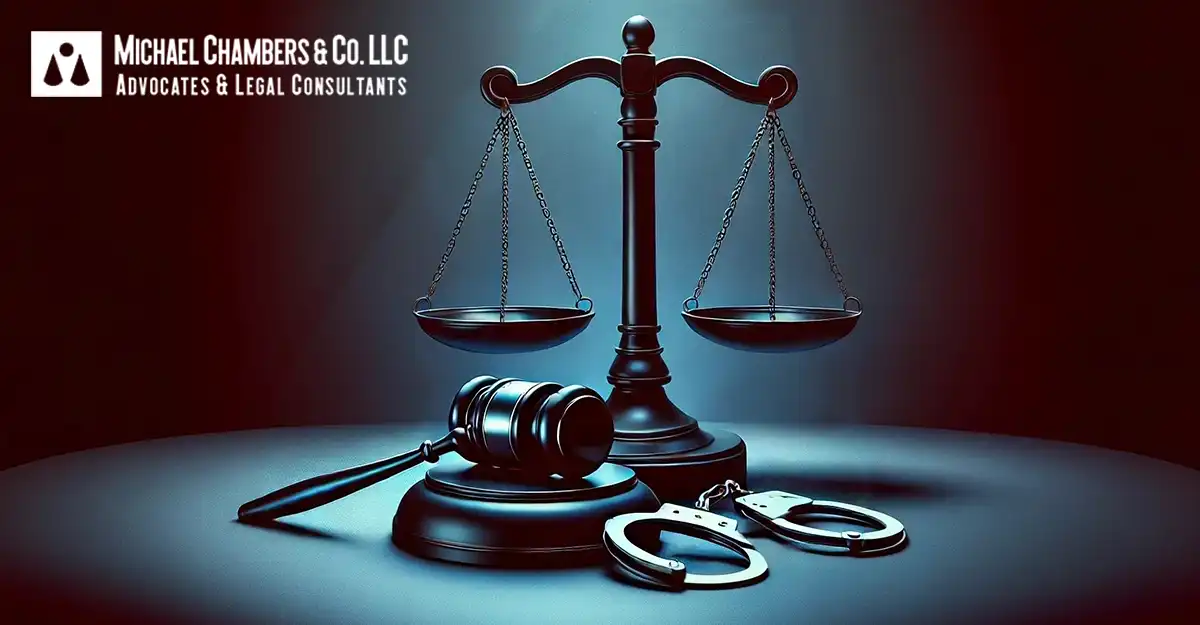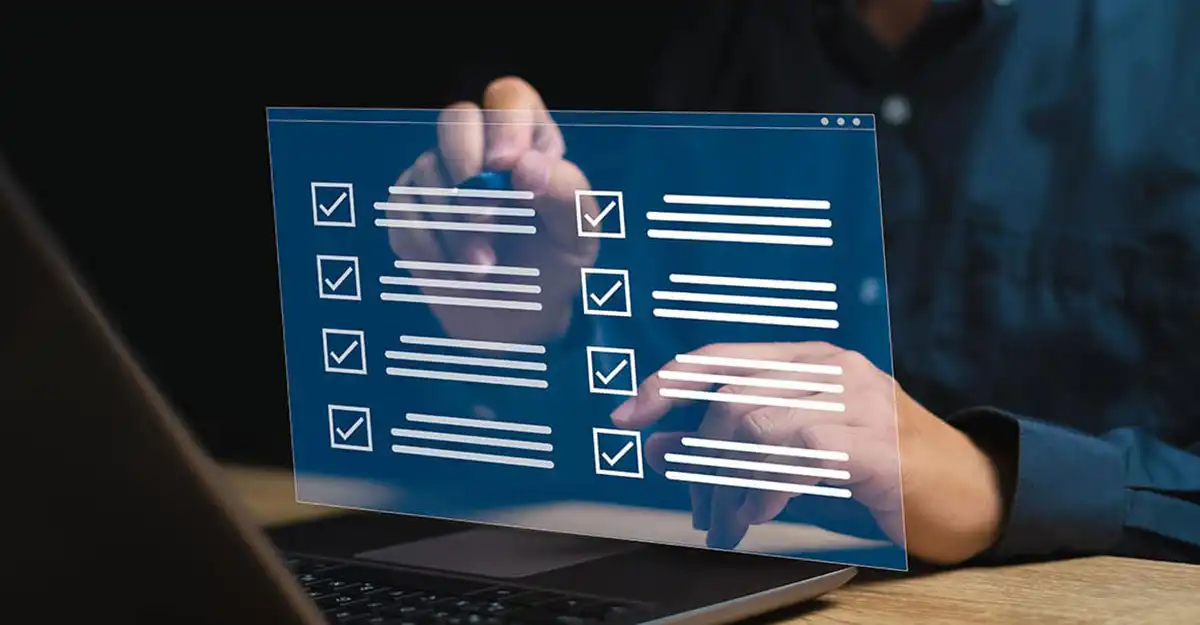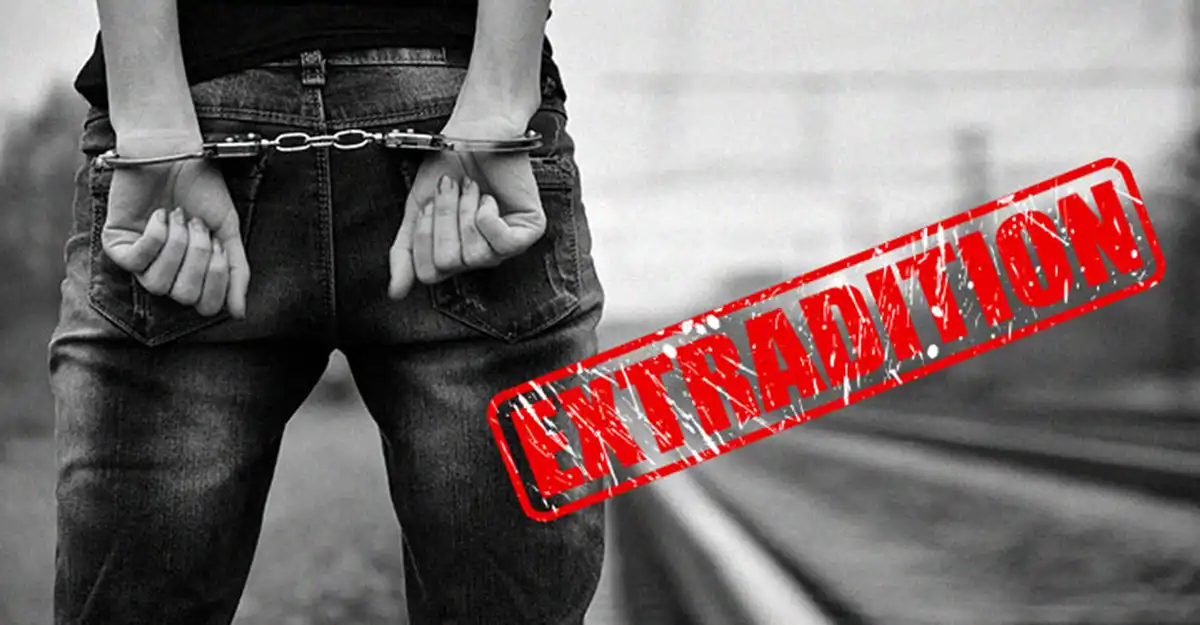Police announced that during January, more than 7.000 drivers had been breathalysed in the whole country, and the 8.25% found to be over the legal limit. Following the provisions of section 94 of the Criminal Code (Cap. 154), it is illegal to be in state of intoxication in a public place. Specifically, driving under the influence of alcohol or drugs or other related substances is illegal. It should be pointed out that alcohol-related offenses in Cyprus are subject to Criminal Code. Consequently, driving under the influence of alcohol and/or drugs is subjected to criminal prosecutions.
Driving under the influence of alcohol and/or drugs may influence someone’s ability to drive. It is widely known that in many cases driving while intoxicated is the main cause of road accidents because drunk drivers have a reduced mental ability, so they lose control while driving. Some other considerable characteristics of drunk drivers are the increased excitement and recklessness.
In legal terms, drunk driving is defined as driving with a specific percentage of alcohol in blood that can be estimated through breath or blood tests. In other words, drunk driving is specified as driving a vehicle while blood alcohol content is above the legal limit determined by the relevant laws. Precisely, the legal limit in breath is 22 micrograms of alcohol per 100 milliliters of breath. On the other hand, the legal limit in blood is 50 milligrams of alcohol per 100 milliliters of blood. However,breath and blood tests do not necessarily confirm that someone was drunk but that he or she had enough alcohol in his or her body that probably affected him or her while he or she was driving.
The main punishments of drunk driving are:
- Fine
- Imprisonment
- Driver’s license suspension
The defendant should take into consideration that blood alcohol concentration level is influenced by the amount of food in the stomach, the rate of which alcohol is consumed and his or her weight. As a result, the defendant must prove that at the time he or she has been tested, the circumstances influenced the blood alcohol concentration level. Furthermore, he or she has to take into account that alcohol tests do not confirm that he or she was drunk while he or she was driving.
It should be highlighted that drivers do not have the right to refuse to take an alcohol test. If the driver refuses to cooperate with the police, then there might be some severe consequences, such as license suspension and/or fine. Furthermore, he or she might be accused that he or she did not cooperate with the police intentionally. Hence, our lawyers recommend you to cooperate with the police and take the necessary tests.
As it has been explained, drunk driving is subject to Criminal Code. As a result, in case you have been charged with drunk driving offense you will need a professional legal support. The legal team of Michael Chambers & Co. LLC will study your case thoroughly and gather the necessary facts in cooperation with you in order to support your case properly. If you would like to speak to one of our lawyers in absolute confidence, then please contact us: info@chambers.law
Author: Michael Chambers, Founding Partner of Michael Chambers & Co. LLC




